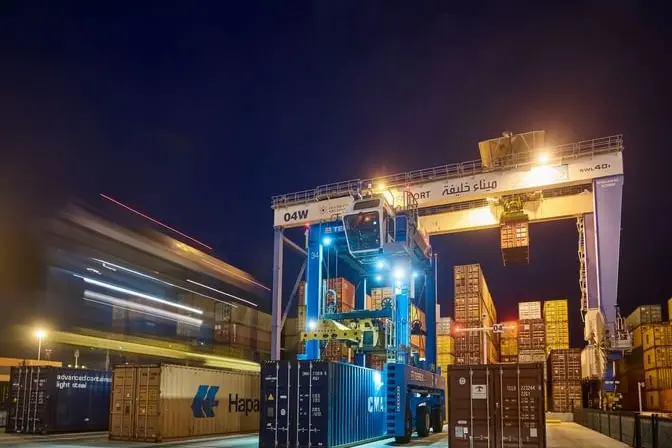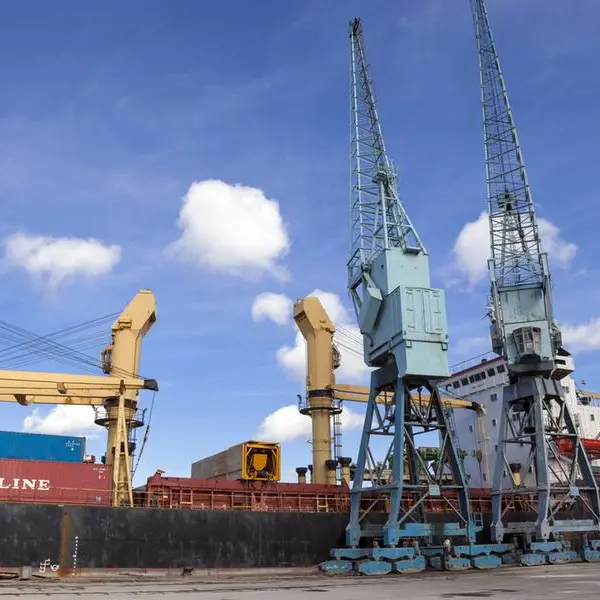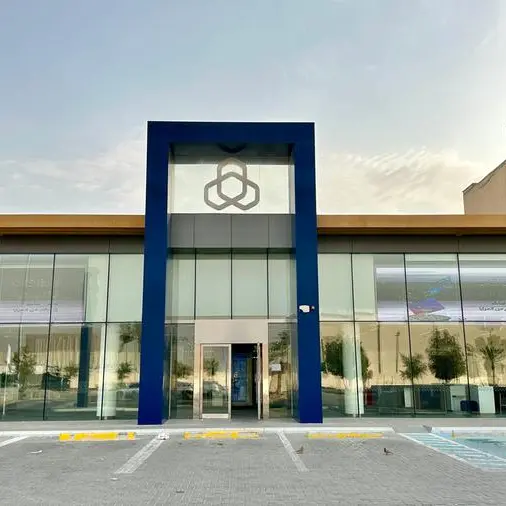PHOTO
ABU DHABI - AD Ports Group has issued a white paper titled “Digitalisation for Enhanced Efficiency: Leveraging Data for Smart Ports” as a valuable resource for understanding the dynamics of digital transformation in the maritime sector and its critical role in enhancing global trade efficiency.
Presented in the white paper is an in-depth analysis of the transformative impact of digital technologies on port operations that outlines strategic approaches to harnessing data for increased operational efficiency, sustainability, and competitiveness.
Furthermore, it discussed the challenges and successes of digitalisation across various global ports, with a focus on Asia, Africa, and South America, regions that have seen significant advancements in port technology.
It highlighted how deploying cutting-edge technologies and data-driven strategies has been instrumental in reshaping traditional port operations to meet modern demands.
Dr. Noura Al Dhaheri, CEO of Digital Cluster and Maqta Gateway at AD Ports Group, said, “When applied to ports, big data and digital-twin technology is set to transform a wide range of operations. This technology can store different streams of information from ports, logistics, sensors and positioning networks; and process that information in real time, which allows ports to create multidimensional models that help optimise port supply chains, reducing delays and congestion at the facilities and increasing the efficiency of the different stakeholders involved.”
Key insights from the white paper include a detailed examination of the technological innovations driving the evolution of traditional ports into smart ports, including IoT, AI, and blockchain technologies.
AD Ports Group presented a case study exploring its strategic implementation of digital solutions across the Group’s network, demonstrating tangible benefits such as improved efficiency and reduced operational costs.
Captain Ammar Mubarak Al Shaiba, CEO of Maritime and Shipping Cluster at AD Ports Group, said, “Undoubtedly, digitalisation increases productivity in port management and operations processes, which allows us to be more competitive. Port customers and stakeholders value most the following: greater transparency, reliability, greater operational efficiency and productivity. All this cannot be achieved without digitalisation.”
Crucially, the Group’s experts address common obstacles such as software incompatibility, cybersecurity risks, and resistance to change within the industry. In addition, they provide an analysis of new regulations and legislation, including the mandatory implementation of Maritime Single Windows (MSWs) at the beginning of 2024, and the impact on port operations globally.





















